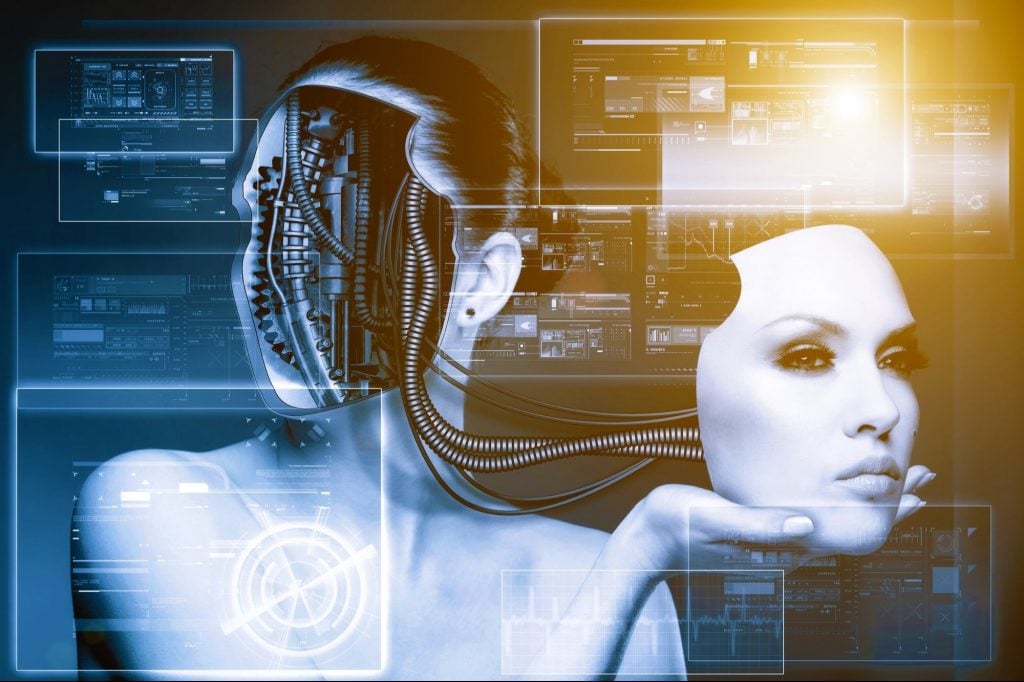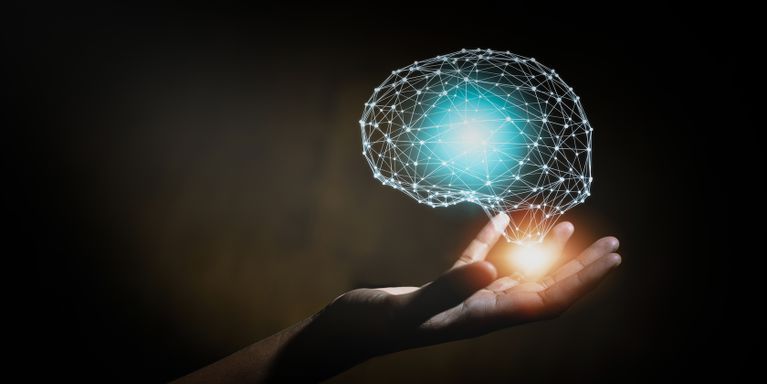Would you like to be granted eternal life? Right now, science can’t grant you that wish, but what about talking to your deceased relatives or friends? That’s almost like living forever. Recently, Microsoft has patented a technology that can create a digital copy of a specific person, even if they are no longer alive. At least that’s what the developers, Dustin Abramson and Joseph Johnson, stated in the patent application titled “Creating a Conversational Chatbot of a Specific Person.”
Bill Gates’s corporation intends to improve their voice chatbots that use pictures of people, recordings of their voices, and their social network patterns to create voice chatbots that accurately convey the communication style of people who are no longer with us. In some cases, the technology will even generate new 2D and 3D images of a person in addition to using their voice. Of course, this can be done only if there are enough photos and video materials in the first place. To upload information about a person, you can use mobile devices (smartphones and tablets) or regular computers.

Perhaps Microsoft hopes to improve its customer service chatbots, as well as further develop artificial intelligence like Alexa, Siri, or Cortana. If this new technology is used to create virtual copies of people, the current privacy laws after death will have to be revised and updated.
The patent does not mention the dead people, specifically, but the technology itself is very much reminiscent of that one Black Mirror episode, where the heroine, experiencing loss, creates an artificial version of her deceased husband, just so they could talk again. Microsoft says that anyone can become a chatbot: your friend, relative, acquaintance, someone famous, a historical figure, or even a fictional character. All you need is a lot of data. Thankfully, Facebook, WhatsApp, Instagram, and probably Google will give you as many bytes of information as you can pay for.

What could go wrong, right? Experts warn that this kind of technological breakthrough could cause a large wave of cybercrimes. Since the technology will employ artificial intelligence to process social media information, it could allow hackers to create language models that completely copy a specific person, giving them full access to all kinds of virtual backdoors and passwords.
Would you risk your privacy to talk to your deceased friends and family members? Or should the dead stay that way? Let us know in the comments.

